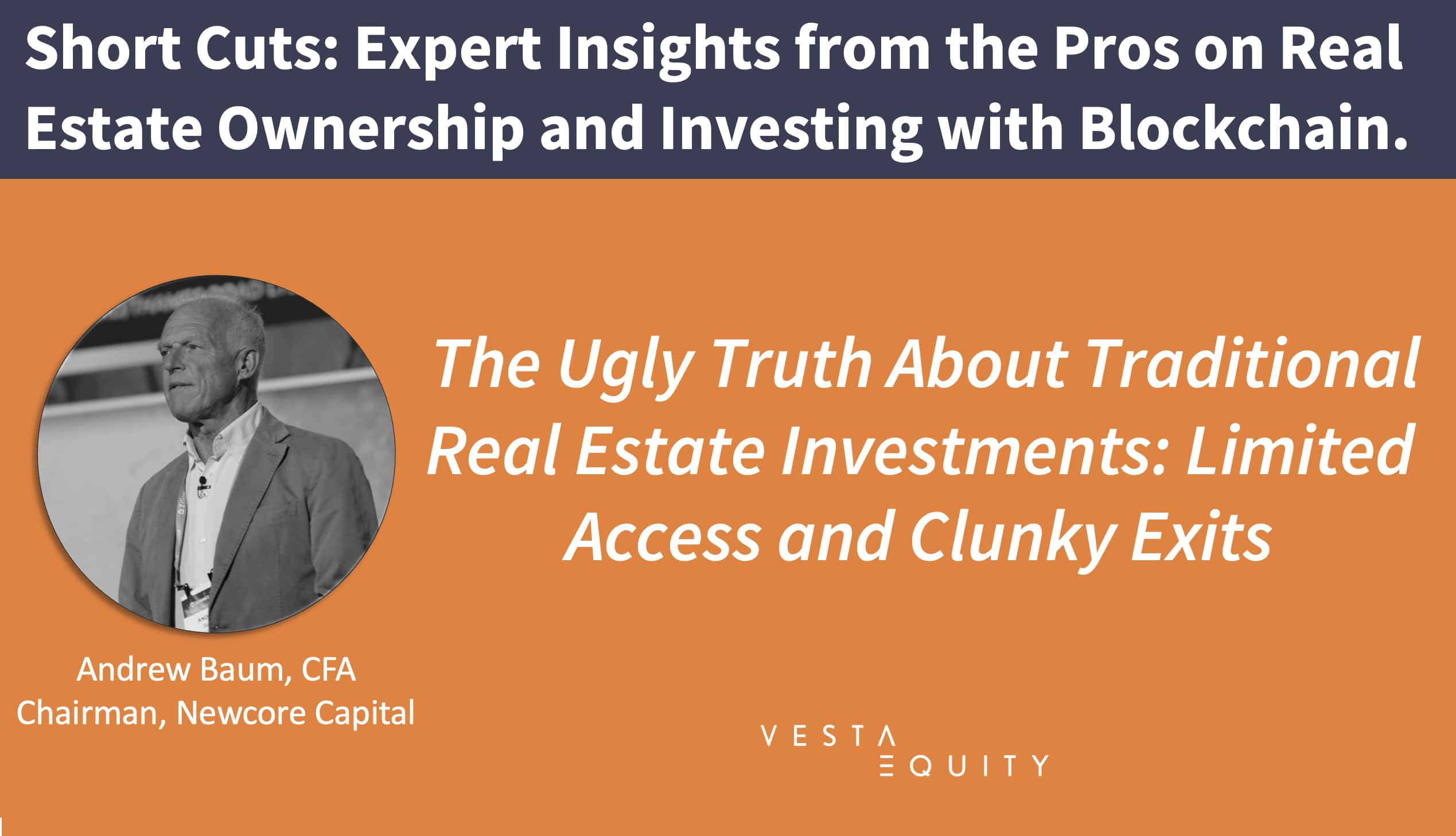
Latest Content > Short Cuts: Do we Need Regulations to Adapt to the New World of Digital Assets?
Short Cuts: Do we Need Regulations to Adapt to the New World of Digital Assets?
The Reves test, which is less commonly discussed than the Howie test, comprises two main components: the "family resemblance" test and the "horizontal common enterprise" test. The former assesses whether an investment contract resembles traditional investment vehicles like stocks, equities, and bonds, while the latter examines the extent to which an investor's fortunes are intertwined with those of the issuer. Despite the existence of these tests, there is a growing consensus that current legal frameworks, such as the Howie test derived from a 1946 Supreme Court case, may be outdated, particularly in the context of digital assets. The SEC, under Chairman Gensler, has maintained that existing regulations are sufficient, a stance met with skepticism by many who argue that the rapid evolution of digital assets necessitates updated rules. This skepticism is underscored by multiple lawsuits against the SEC, where judges have either ruled against the commission or highlighted the complexities and ambiguities of current regulations, indicating a pressing need for clearer guidelines in the digital asset space.
Investment Properties
Resources to Learn More
Sign up to get alerts about new posts
What’s New

Is A Tokenized Real Estate Asset Really a Security?
In recent years, the real estate market has seen a significant transformation with the advent of tokenization, a process where real estate assets are converted into digital tokens on a blockchain. This innovation promises increased access, liquidity, and streamlined transactions, marking a shift in how we perceive and leverage real estate and investments.
 Read Blog
Read Blog

Short Cuts: Do we Need Regulations to Adapt to the New World of Digital Assets?
The ugly truth about traditional real estate investments: limited access and clunky exits with Andrew Baum CFA, Chairman of Newcore Capital.
 Watch Video
Watch Video



